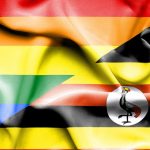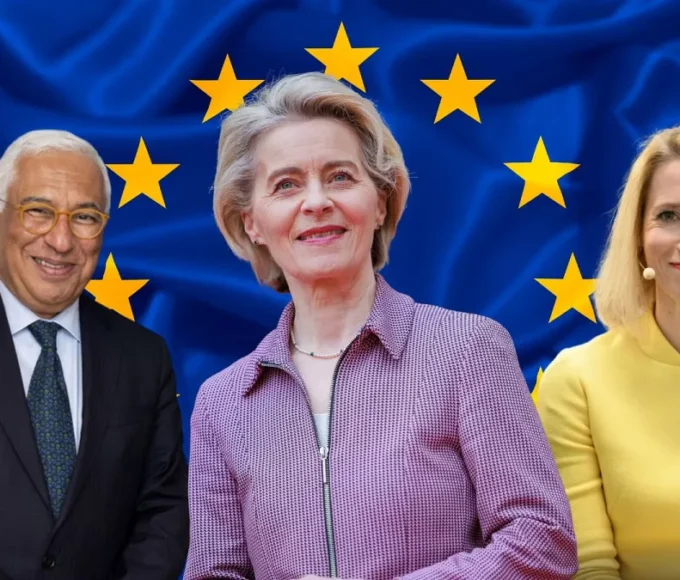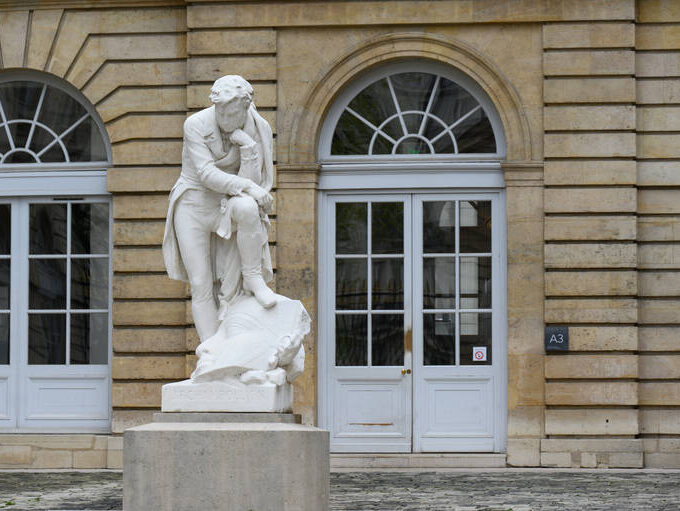We have already passed the G7 and now represent 32% of global GDP in purchasing power parity. Projections indicate that emerging and developing markets will exhibit the highest growth rates in the coming years.
According to the IMF, while growth in industrialized countries is expected to decline from 2.7% in 2022 to 1.4% in 2024, growth in developing countries is expected to be 4% this year and next year.
This shows that the dynamism of the economy is in the Global South – and that the BRICS are the driving force. Brazil’s total trade with the BRICS has grown from US$48 billion in 2009 to US$178 billion in 2022, a growth of 370% since the group’s inception.
The stock of BRICS foreign direct investment in Brazil increased by 167% between 2012 and 2021, reaching $34.2 billion. Today, nearly 400 companies in the bloc operate in Brazil.
After the last six years of setbacks and stagnation, Brazil will once again create quality jobs, fight poverty and increase the incomes of Brazilian families.
Two weeks ago, I presented Brazil’s new growth acceleration program [Novo Programa de Acceleração do Crescimento/Novo PAC]. The program will resume paralyzed infrastructure works, accelerate those in progress and select new projects.
This is a large program that offers many opportunities that may be of interest to investors from BRICS countries. We plan to mobilize $340 billion to modernize our logistics infrastructure, investing in roads, railways, waterways, ports and airports.
We will also prioritize the production of solar, wind, biomass, ethanol and biodiesel energy. Our potential for producing green hydrogen is enormous. We will build partnerships between government and business people in all of these areas – through concessions, public-private partnerships and direct contracts.
For investments to once again increase and create development, we must guarantee greater credibility, predictability and legal stability to the private sector. This is why I defended the idea of using a reference unit for trade, but not to replace our national currencies.
The unmet financing needs of developing countries remain very high. The absence of significant reforms in traditional financial institutions limits the volume and terms of credit in existing banks.
The decision to create the New Development Bank was an important step in effective collaboration between emerging economies. Our common bank must be a world leader in financing projects that meet the most pressing challenges of our time.
By diversifying local currency payment sources and expanding its network of partners and members, the NDB provides a strategic platform to promote cooperation among developing countries.
In this strategy, engagement with the African Development Bank will be central. At the multilateral level, the BRICS stand out as a force for fairer, more predictable and equitable global trade.
We cannot accept a green neo-colonialism that imposes trade barriers and discriminatory measures under the pretext of protecting the environment.
From December, Brazil will hold the presidency of the G20. The presence of three BRICS members in the G20 Troika will be an excellent opportunity for us to advance issues of interest to the countries of the South.
We already have the participation of South Africa, but the representativeness of the group will be enlarged by the entry of the African Union and other countries of the continent.
Back to the presidency of my country, I resume the orientations of the Brazilian foreign policy. We have begun to restore South American integration. We resumed our partnerships with the United States, China and the European Union.
We hosted the Amazon Summit – but Brazil still had to go back to Africa. The fact that in 2022 Brazil’s trade with Africa fell by a third compared to 2013 – when it reached nearly $30 billion – is unacceptable.
Trade flow with Africa still represents only 3.5% of Brazil’s foreign trade. Our network of trade agreements is also nascent. Mercosur’s agreements with Southern Africa and Egypt date back to my second term.
Today, more than 65% of Mercosur’s exports to Africa are destined for countries with which there is no agreement in force. There is plenty of room to grow. Beyond a past that unites us, we also share a common vision of the future.
During my first two mandates, the African continent was a priority. I made 12 trips to Africa and visited 21 countries. Brazil are back on the continent they should never have left. Africa has vast opportunities and enormous potential for growth.
To discuss the restoration of trade with the continent, Brazil brought together here in Johannesburg last June the leaders of the trade promotion sectors of all our representations in African countries.
Africa is building an ambitious free trade area project: 54 countries, 1.3 billion inhabitants and more than 3,000 billion dollars in GDP.
In this continent, the youngest in the world and which will be the most populated in 2100, there are countless opportunities for Brazilian products such as food and beverages, oil, iron ore, vehicles and steel products.
Africa is home to 65% of the world’s available arable land and has a strong vocation to be an agricultural powerhouse – with the capacity to feed its people and offer solutions for global food security.
By combining investment and technology, Brazil has developed modern tropical agricultural techniques that can be successfully replicated.
Thanks to the Brazilian Agricultural Research Corporation [Empresa Brasileira de Pesquisa Agropecuária], we have turned our Cerrado into highly productive farmland – and we can replicate that experience on the African savannah.
My government has also resumed public policies to support family farming, which is essential in the fight against food insecurity and hunger affecting our continents.
The Mais Alimentos program, which I relaunched last June, allows small producers to access financing to buy tractors and harvesters.
As in the past, a version of More Food for Africa is to be taken up as another aspect of Brazilian South-South cooperation.
Africa is also at the heart of the digital and energy transitions. Internet coverage already covers most of Africa’s population, and digital innovation hubs and fintech service companies are growing.
The strengthening of the Brazilian health industrial complex is likely to generate many opportunities for collaboration.
Like South America, the African continent has large reserves of essential minerals such as lithium and cobalt, which will play a strategic role.
In order not to remain mere exporters of primary products, we must seize the opportunity to forge the integration of our production chains and add value to the goods and services that we produce in a sustainable way.
Africa is the region of the world that emits the least greenhouse gases. Nevertheless, it continues to face the most perverse consequences of global warming, such as droughts, floods, fires and cyclones.
Brazil and several African countries have comprehensive plans to renew their energy matrices. We share the responsibility of caring for our rainforests and preserving biodiversity. We have joint efforts to combat desertification.
The proposal of the BRICS Business Council to establish a multilateral air services agreement for the group, including the main national transport and aviation authorities, is very relevant.
The BRICS now have a unique opportunity to shape the path of global development. All of you business people are part of our efforts. Together, our countries represent a third of the global economy.
This relevance will increase with the entry of new full members and dialogue partners. Collaboration between the public and private sectors is essential to exploit this potential and achieve sustainable results.
This article is originally published on pressenza.com








